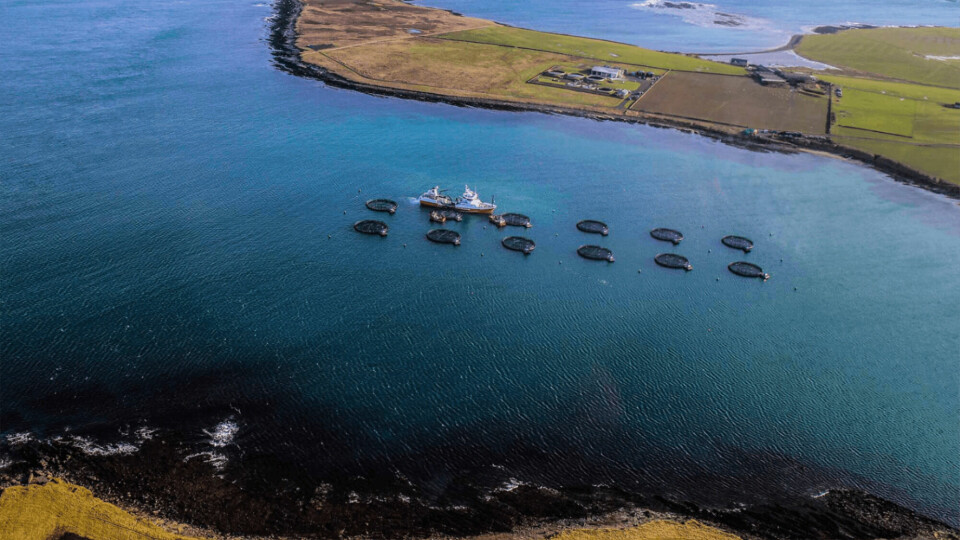
Cooke outlines importance of smooth trade with Europe
Cooke Aquaculture Scotland has stressed the need for a streamlined export process to the European Union when the Brexit transition period finishes at the end of 2020, whatever the outcome of trade talks between the UK and the EU.
The majority of salmon grown by Cooke at its farms in Orkney and Shetland is exported to Europe.
Cooke Aquaculture Scotland spokesman Andrew Watson said: “The EU will continue to be an important market for us, and we don’t expect that to change after the transition period ends.
‘Tariffs and barriers’
“What might change, however, is the export arrangements. The introduction of EU tariffs and non-tariff barriers including new requirements for Export Health Certificates (EHCs) could add significant costs, bureaucracy and delays which is in no one’s interests.
“Whatever the outcome of negotiations on the future relationship with the EU, the Scottish and UK governments need to do everything possible to streamline the process to ensure Scottish salmon holds on to the top spot as the UK’s number one food export and European consumers can continue to enjoy our world-renowned product.”
‘Unnecessary burdens’
Cooke’s call follows a warning from the Scottish Salmon Producers’ Organisation (SSPO) yesterday that the post-Brexit deal being pursued by the UK government is likely to place “huge unnecessary burdens” on the sector and could add as much as £8.7 million a year in costs because of the likely requirement for EHCs.
It could mean the processing and signing of an extra 50,000 to 100,000 EHCs every year, each of which must be signed by an environmental health officer or a vet.
£190m market
SSPO chief executive Julie Hesketh-Laird said: “We now send more than £190 million worth of salmon to France, a third of our total exports. Once in the main French markets, the salmon can then be dispatched to almost anywhere in the EU.
“We deal in a perishable product, so it is crucial for the thousands of loyal customers we have in the EU that we get our fresh fish to key markets as quickly and smoothly as possible.
“The addition of an Export Health Certificate for every order of salmon to the EU would place huge unnecessary financial and bureaucratic burdens on our sector – potentially undermining one of the UK’s biggest modern export success stories.”
Stay aligned
The SSPO is asking the UK government to stay aligned with the EU on seafood exports after the end of the transition period so no EHCs will be needed, and make the transport of seafood to the EU without EHCs a key condition in negotiations over future trading arrangement between the UK and the EU.
Prime Minister Boris Johnson said last week that he sees no need for UK regulations to align with the EU’s.























































